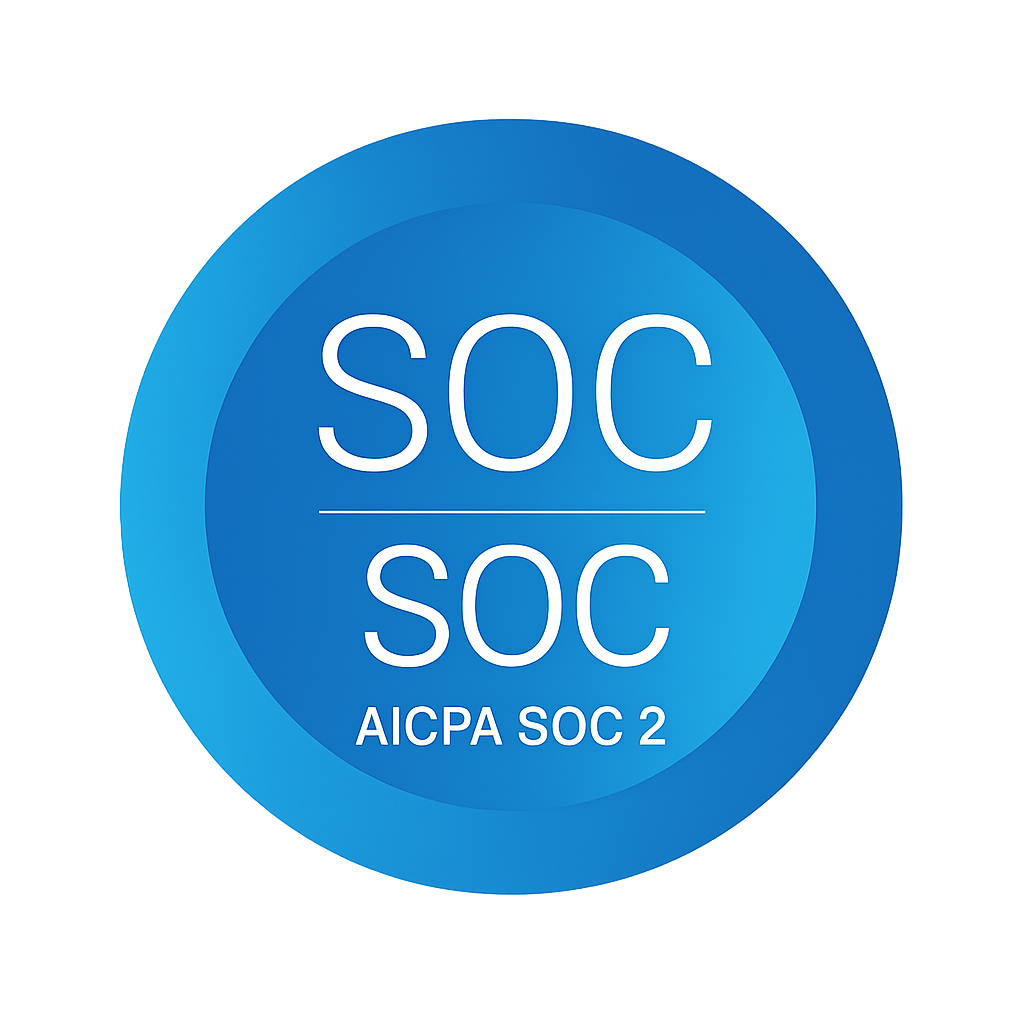User testing is a pivotal component in the product development lifecycle, offering essential insights that can make the difference between a product that resonates with users and one that misses the mark. From conceptualization to launch, integrating user testing ensures that the end product aligns with user needs, resolves pain points, and delivers a satisfying experience. Here, we’ll dive into why user testing is crucial and how it enhances each phase of product development.
Test Early, Succeed Stronger
1. Validates Product Assumptions Early On
Every product begins with an idea, often based on assumptions about user needs and preferences. However, assumptions can only go so far, and without user feedback, there's a risk of developing a product that doesn’t meet actual market demands. By conducting user testing early in the development process—often during the prototype or wireframe stage—teams can gather direct feedback to validate or refine their initial ideas. This approach, sometimes known as "testing assumptions," allows developers to adjust their design, functionality, and features based on real user input. As a result, they avoid costly adjustments later in the cycle and ensure that their product addresses genuine user needs.
2. Enhances Usability and User Experience
Usability is a cornerstone of successful product design, and user testing is one of the most effective ways to measure it. By observing users interact with the product, designers and developers can identify where users encounter difficulties, which features might be confusing, and where navigation can be improved. For example, if a user struggles to find essential features, it may indicate that the layout or navigation requires adjustments. These insights allow developers to make design tweaks that streamline the user experience and improve overall satisfaction.
Moreover, user feedback often highlights minor design flaws that may seem insignificant to the development team but significantly impact the user experience. Catching and resolving these issues during testing enhances usability and ensures the final product is intuitive and user-friendly.

3. Reduces Development Costs and Time
The later issues are identified in the development process, the more costly and time-consuming they are to fix. User testing allows teams to identify and address potential problems early, reducing the need for extensive rework closer to launch. According to research by the User Experience Professionals Association, fixing a usability problem during development costs up to 100 times less than fixing it post-launch. By proactively incorporating user feedback, teams minimize the risk of post-release fixes and can focus resources on refinement rather than rectification.
4. Provides Insights into User Behavior and Preferences
User testing offers valuable insights into how real users interact with the product, revealing preferences and behaviors that can inform design and functionality choices. By understanding what users prioritize, product teams can tailor their development efforts to emphasize these features, creating a product that truly resonates with its target audience. For instance, if testing reveals that users prefer specific layout styles or seek features that provide efficiency, these findings can shape the final product design.
In addition, understanding user behavior helps in anticipating future needs and adding value that may not have been immediately apparent. This proactive approach can differentiate a product in a competitive market and boost its appeal to end users.

5. Builds User-Centered Design Practices
User testing promotes a user-centered approach to product development, which is essential for creating products that genuinely meet user needs. With each round of testing, designers and developers gain a deeper understanding of their audience and refine their approach accordingly. Over time, this iterative process builds a product that isn’t just functional but also aligns with the expectations and preferences of its user base. This user-centered focus not only enhances product quality but also fosters brand loyalty, as users feel valued when their feedback is incorporated into the product.
6. Boosts Confidence in the Final Product
Launching a new product is a significant milestone, but it often comes with uncertainties. User testing alleviates many of these by providing concrete data that the product is ready for release. With feedback from multiple testing rounds, product teams can be confident that they’ve created a reliable, intuitive, and user-approved solution. This confidence is invaluable, reducing anxiety about potential flaws and focusing on promoting the product’s strengths.
7. Improves Post-Launch Success and Brand Perception
A product that has undergone thorough user testing is far more likely to succeed post-launch, as it has been optimized to meet user expectations. Satisfied users are more likely to recommend the product to others, enhancing brand perception and potentially increasing market share. On the other hand, a product with usability flaws or functionality issues can harm a brand’s reputation, making user testing an investment in long-term success and customer loyalty.
Conclusion
User testing is indispensable in the product development lifecycle, shaping products that are intuitive, functional, and aligned with user needs. By validating assumptions, enhancing usability, and reducing development costs, user testing supports a user-centered design approach that improves both the development process and final product quality. Embracing user testing as an integral part of development not only leads to higher-quality products but also builds trust, loyalty, and long-term success for the brand.
Incorporating user feedback throughout development empowers teams to create products that delight users and achieve business objectives—a win-win for both companies and customers.
At BayRock Labs, we’re passionate about building user-centered products that drive meaningful results. Reach out to see how our user-focused approach can enhance your product’s success. Connect with us to explore innovative solutions and start delivering exceptional user experiences today.
Visit BayRock Labs to learn more.



















.png)

.png)








